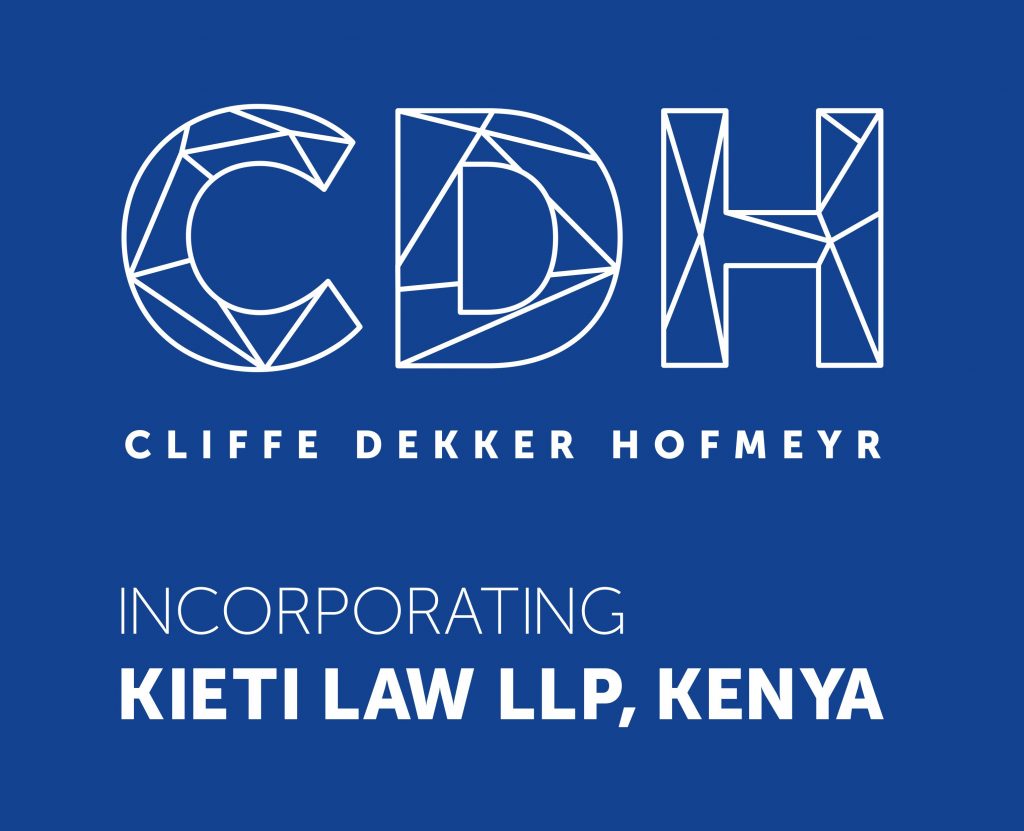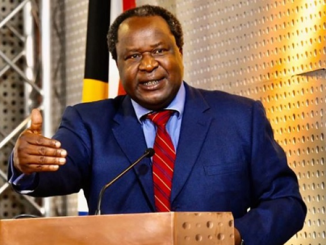

Over the last few years, business rescue has become a popular tool for businesses to use to get some breathing room from their creditors in instances where the business is financially distressed. Two main role players in the business rescue process are creditors and the business rescue practitioner.
Creditors, based on their voting interest, have the right to vote for or against a business rescue plan. The practitioner has an obligation to act in the best interest of all stakeholders, including creditors and the company in business rescue. The case of Reiscor Two (Pty) Ltd ta Bootleggers v Anheuser-Busch Inbev Africa (Pty) Ltd and Others dealt with an instance where the creditors voted against the business rescue plan (plan) and the business rescue practitioner (practitioner) was of the view that the vote was inappropriate in the circumstances.
Factual overview
Reiscor Two, t/a Bootleggers (the company) was placed in business rescue in May 2021. The plan was published on 30 October 2021.
The company’s major creditors were not satisfied with the plan, as they felt that they did not have adequate information to support it, and they required an investigation by an independent auditor. The creditors did not propose any amendments to the plan but simply recorded that they were voting against its adoption.
The practitioner applied to court for an order to set aside the creditors’ vote in terms of section 153 of the Companies Act 71 of 2008 on the ground that the creditors’ vote was inappropriate. In turn, one of the creditors applied for the company’s immediate liquidation.
It is important to note that it was common cause between the creditors and the practitioner that the company could not continue in existence beyond the implementation of the plan as its employees had left and its assets had been sold.
Therefore, the object of this business rescue lay on the second purpose of the business rescue process, which is: if it is not possible for the company to continue in existence, the business rescue will result in a better return for the company’s creditors or shareholders than there would be from the immediate liquidation of the company.

Image By: Canva
Application to set aside the creditors’ vote
The court’s consideration would account for factors such as the interests of the opposing creditors, the estimated return from liquidation versus business rescue, and which avenue is more viable. In this case the practitioner had engaged with buyers and managed to successfully sell the company’s assets, despite the reduced buyer availability and workforce reductions as a result of the applicant operating during the COVID-19 pandemic and the July 2021 riots.
The Supreme Court of Appeal has stated that setting aside a creditors’ vote on the ground of it being inappropriate must only happen in instances where it is “reasonable and just” to do so. It was found in this matter that if the company was to be liquidated, it would amount to a substantially lower return for its concurrent creditors. The court frowned upon the absence of alternative proposals from the creditors regarding the plan. The creditors neither delayed the meeting nor proposed solutions for their concerns, but instead were intent on placing the company into liquidation. The creditors were seen to have wholly failed to utilise opportunities to gather relevant information or modify the plan.
Given these considerations, the court found it reasonable and just to disregard the votes against the plan and deemed them to be inappropriate.
Liquidation application
It was common cause that the company would be liquidated once the plan was implemented and thus, in this regard, the issue of considering the liquidation application became unnecessary.
Although creditors, especially majority creditors, have the great power of voting for or against a business rescue plan, such power is not absolute and can be open to challenge. Thus, proper engagement between creditors and the business rescue practitioners is vital.
Lucinde Rhoodie is a Director at CDH
Muwanwa Ramanyimi is a Senior Associate at CDH
Evangelia Goulas is a Candidate Attorney at CDH




